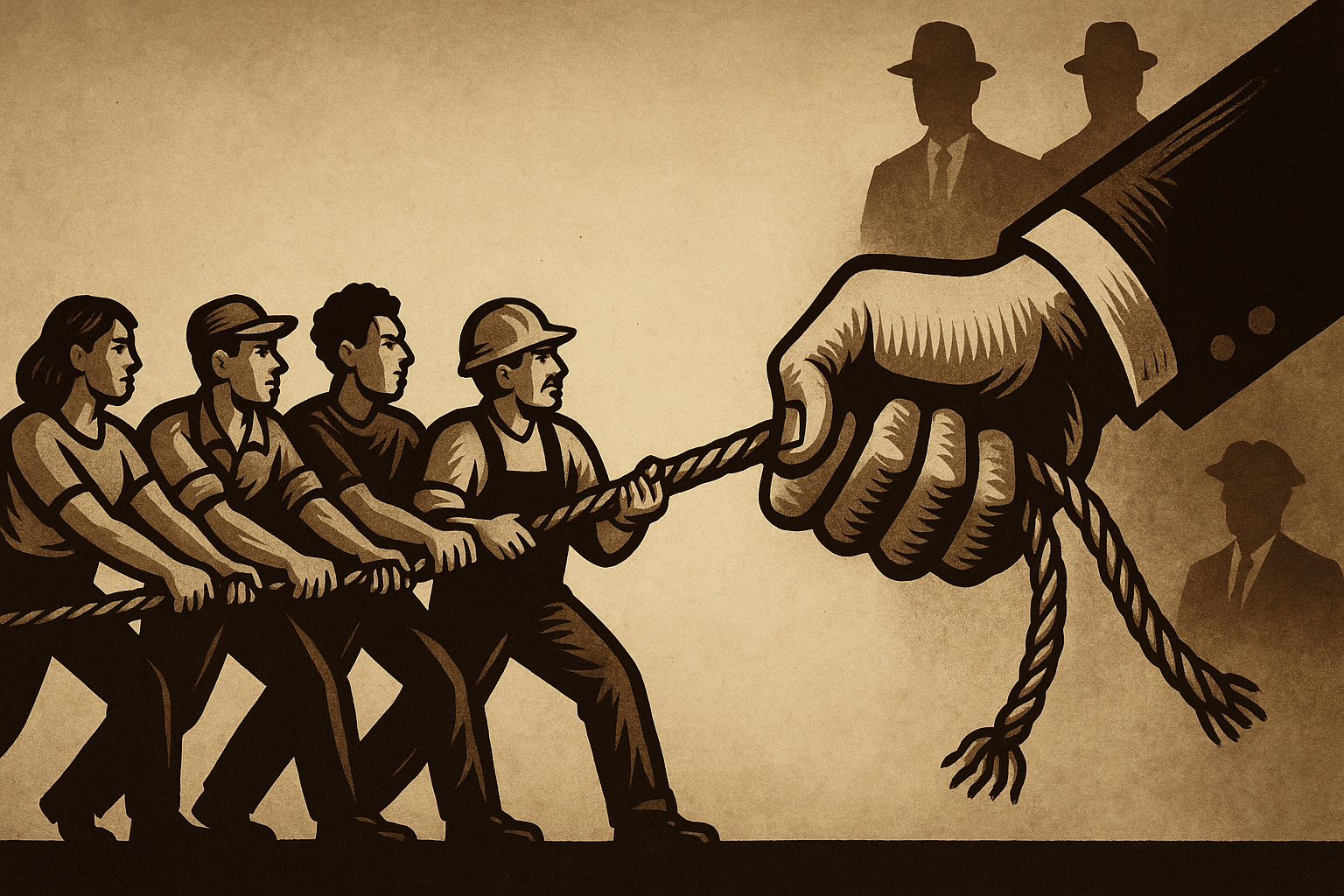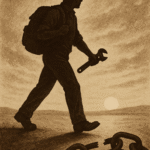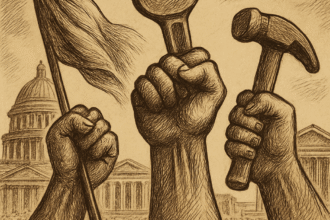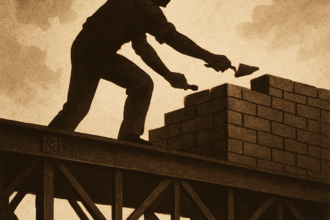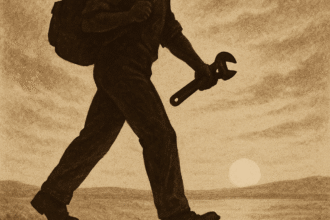Trade unionism was born with a noble cause: to protect workers from abuse by employers and to guarantee fairer working conditions. In the beginning, it was a spontaneous, voluntary force that emerged where the free market did not yet have sufficient instruments to resolve imbalances and guarantee contractual freedom.
But like almost every good idea not protected against the appetite for power, unionism was captured.
Throughout the 20th century, especially in countries with strong state intervention, unions ceased to be voluntary organizations and became instruments of control. And, worse still, they began to serve the state — and the interests of political parties and corporations — more than the workers they claimed to represent.
The capture of the unions
The nationalization of unions occurred gradually. First came the laws that officially “recognized” them. Then came subsidies, mandatory union dues, and regulations that made their role in labor negotiations mandatory.
This financial and legal dependence of unions on the State destroyed their voluntary essence.
Instead of fighting freely for their members, unions began to operate under a cartel model:
- Power guaranteed by law: only they can represent workers in certain categories;
- Forced financing: everyone must pay taxes or contributions, whether they are members or not;
- Monopoly negotiations: the individual loses the right to directly negotiate his own contracts.
The worker is no longer a free client of an organization that provides him with services — and has become a hostage of bureaucratic structures, often linked to partisan, ideological or simply corporate interests.
Who wins from this?
Union capture served three major interests:
- The State: which began to have indirect instruments to mobilize workers, organize political movements and reinforce its presence in economic relations.
- The union leaders: who, freed from the need to compete for members or provide quality services, perpetuated themselves in power and transformed unions into political machines.
- Protected companies: In many cases, unions have allied with large corporations to maintain rules that prevent competition from more productive or innovative workers.
The common worker — the one who should be the real protected — was the big loser in this process.
Trade unionism as anti-market
When unions cease to be free and become arms of the state, they act to block workers' freedom of choice.
By preventing individual negotiations, by artificially raising wages in certain sectors at the expense of other sectors, and by politicizing economic activity, they reduce market efficiency and erode individual freedom.
What should be a voluntary association to strengthen the individual becomes an instrument of coercion.
And where there is coercion, there is no free market — there is imposition, privilege, and regression.
Is a new unionism possible?
Voluntary unionism, based on freedom of association and competition of ideas, is still possible — but it needs to break with state dependence.
- Unions should compete for workers’ trust, not impose their authority by decree.
- Contributions must be voluntary, not compulsory.
- The worker must be able to choose whether or not to be represented, and negotiate individually if he or she prefers.
- The state must get out of the way, and not artificially control or protect friendly unions.
Only then can unions return to being what they should have been from the beginning: free allies of free workers.
📩 Do you want to understand more about how the State captures social movements and distorts their causes?
Subscribe to the Economic Radar newsletter and receive our critical analyses directly to your email.
